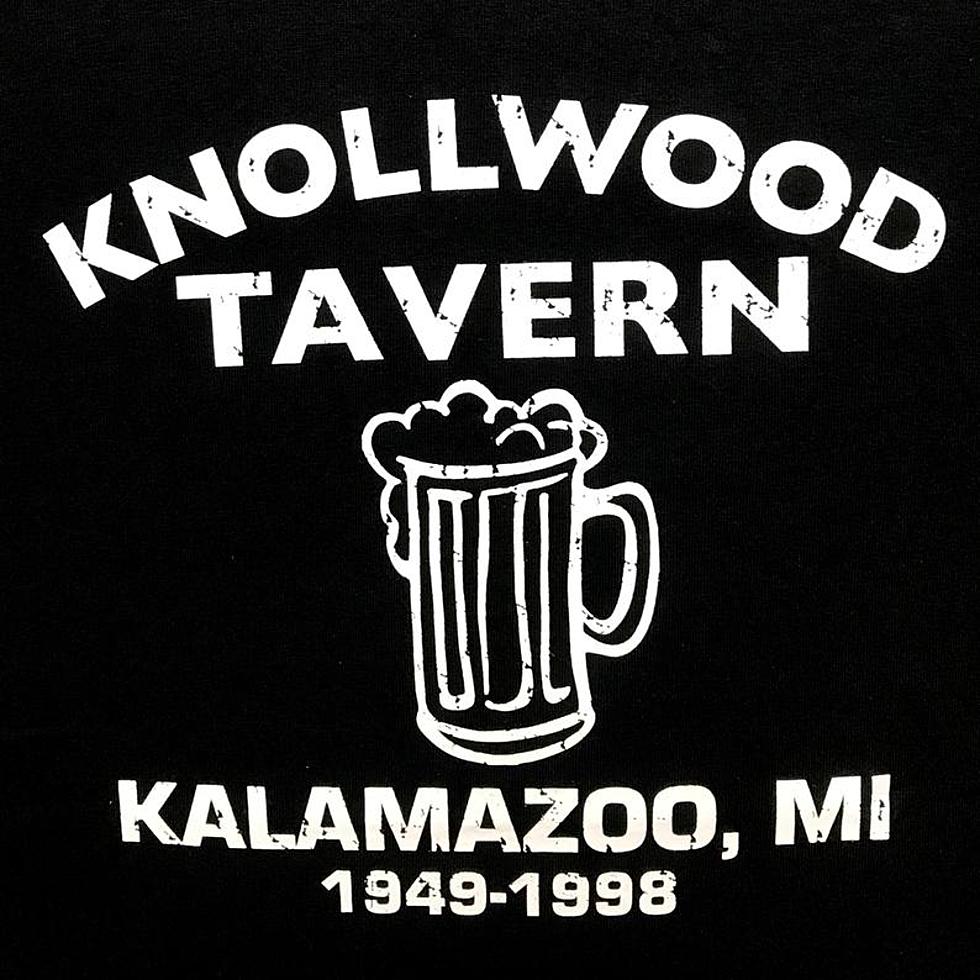
‘Fuzzy Memories’. What Long Gone Kalamazoo Bar or Club Do You Miss Most?
Very few topics evoke as many memories (and remarkably, some aren't totally fuzzy) as a discussion of bars and clubs from our "wasted" youth. Whether you grew up here (and maybe snuck in for the first time with a fade ID) or you went to school at Western, K-College, or got a nursing degree at the now long-gone Nazareth College, bars and clubs have been a big part of many of our lives.
Some of these places predate even me, and I arrived in 1987. But I've heard stories from people who frequented places like Coral Gables on King Highway, or the Gert on Gull Road. Having a successful entertainment venue is difficult under even the best circumstances. Bars have shelf lives just like products in your refrigerator. A lot of great bars, taverns, and clubs have come and gone in the past four or five decades. That's why a place like Louie's celebrating their 103rd anniversary this month is such an accomplishment. Louie's, itself, was a supper club in the 1940's and 50's, and with Kalamazoo being a rail stop not only between Chicago and Detroit, but also between Grand Rapids and here, many performers stopped there to do their acts.
The Big Three back in the day (early 90's) were Wayside West, Bourbon Street and down past Wings, there was Cheek to Cheek. But they weren't the only ones. Just south of Wings Stadium was Top of the Rock, on Covington Road, which changed names several times before becoming office space for Big Brothers/Big Sisters.
Okay, breakdown for some quick history: Cheek to Cheek was Stan and Ollie's and before that, The Light Factory. Bourbon Street was a restaurant that became a night spot around 1990. It gave us the "Bayou Boogie" and hosted its fair share of 5:01 Friday parties, after those migrated from the Kalamazoo Center (now the Radisson) which had fallen on hard times. There were rumors of Wayside West closing for years, but it finally did close just a few years ago, with a highly publicized murder possibly being the last thing to put it out of business. The new owners had hoped to subdivide it (it's a big facility) but so far, only a pot dispensary has opened, while the parking lot is being used for food truck events.
One of Kalamazoo's most beloved venues was Club Soda. Located by Bimbo's Pizza, it wasn't fancy but when Kalamazoo had a thriving music scene, this was maybe the epicenter of that. Club Soda's outdoor sign still lives at Old Dog down the street. And Old Dog itself was known as Kraftbrau, one of the early craft breweries. Who knew that across the street from each other were two places that would be pioneers of the nascent craft beer industry.

Speaking of live music, just down the street from Club Soda was Rum Runners, a dueling piano bar, which the owner rechristened Monaco Bay. Local American Idol contestant Matt Giraud played there. It closed for "re-branding" in 2018, and still sits closed.
And jumping back to a time before Rum Runners/Monaco Bay, just down the street was another nightclub, right at the railroad tracks, The Warehouse. During the days of train travel, it was a depot, then when that faded, it became the Whistle Stop restaurant and eventually a dance club, as the Warehouse. It operated for several years and after sitting empty for many years, it was purchased and is now the Arcus Foundation.
Back when people danced, there was another popular venue, at West Michigan and Howard, Electric Avenue, which morphed into Graffiti's, and then Rick's Cafe Americain. Eventually it because Video Hits Plus, but when digital killed video, it was razed and became a drug store. (And originally it was the Campus Theatre).
Two of most recent casualties of "Bar Wars" have been Arcadia Ales and Brewing and the Mr. President lounge. There were stories of a deal with a Lansing group taking over the bankrupt Arcadia facility, but with Covid, who knows. And new owners gutted and refurbished Mr. President on Burdick Street, but they weren't able to make money.
For several generations of Western students, home away from home meant the late, great Knollwood Tavern. It was right there on Michigan Avenue, just steps from campus. And apparently it was in WMU President Dr. Dieter Haenicke's sights, because the university paid $880,000 so they could raze it and put up the proverbial and literal parking lot (ostensibly to "improve the scenery" at one of the entry points to the school. The classic Joni Mitchell lyrics keep ringing through my head as I look through photographs of the Knollwood Tavern on their esty store. "They paved paradise and put up a parking lot."
Take a look at some of the hottest spots, and what they look like now...Brace yourself.
Long Gone Bars and Nightclubs in Kalamazoo
LOOK: 40 Discontinued & Special Edition Kellogg's Cereals
LOOK: 15 Discontinued McDonald's Menu Items
More From 107.7 WRKR-FM





